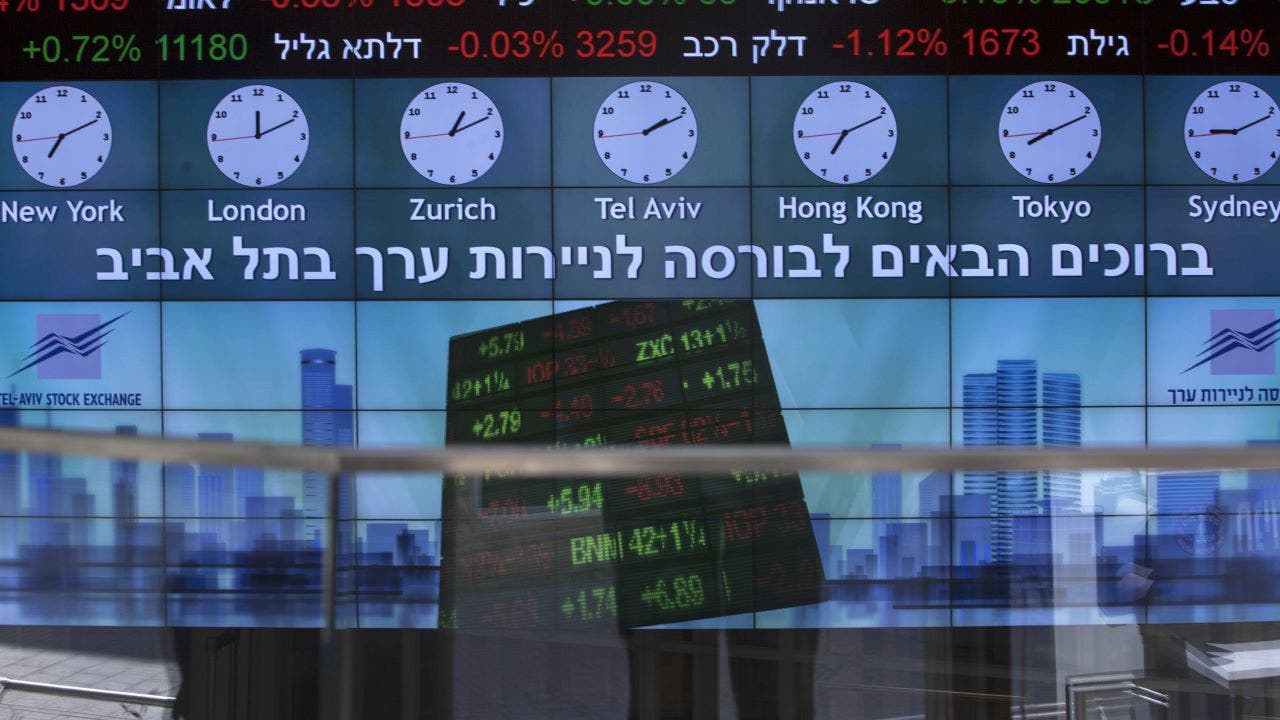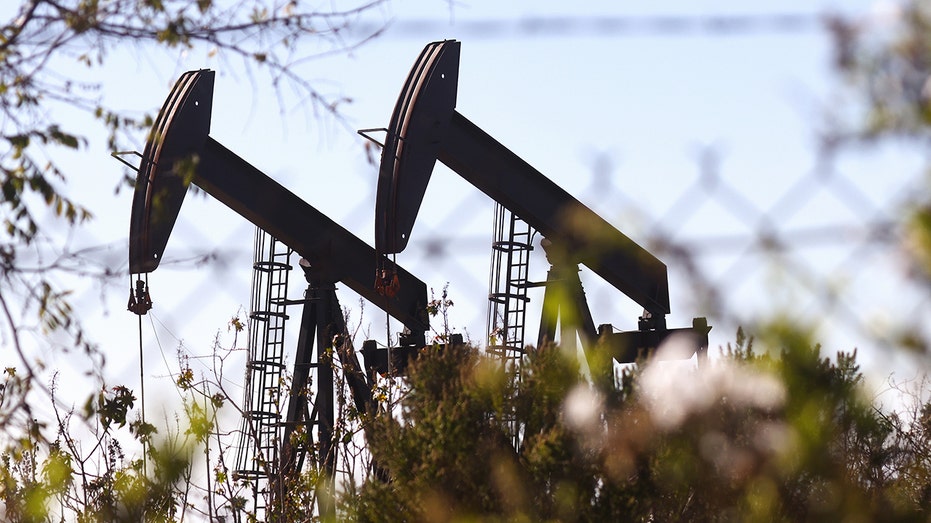Finance
Global markets brace for impact as Middle East tensions rise

Tensions in the Middle East have global markets bracing for impact as investors eye geopolitical risks that could drive up oil prices if other countries become involved with Israel’s war against Hamas.
Israel said Sunday that it would continue to allow residents of Hamas-controlled Gaza to evacuate to the south as the Israel Defense Forces prepare for a ground assault in response to Hamas’ unprecedented terror attack last weekend that killed over 1,300 Israelis.
Oil prices rose nearly 6% on Friday as investors priced in the risk associated with a wider Middle East conflict, while the S&P 500 index was down 0.5% in the day’s trading. European natural gas prices also surged to their highest levels since March as an Israeli gas field that supplies Egypt and Jordan was temporarily shuttered, raising concerns about supply.
“It looks like we’re headed for a massive ground invasion of Gaza and a large-scale loss of life,” said Ben Cahill, senior fellow in the Energy Security and Climate Change Program at the Center for Strategic and International Studies (CSIS). “Anytime you have a conflict of this scale, you will have a market reaction.”
DEADLINE EXPIRES FOR PALESTINIANS TO FLEE GAZA AS ISRAELI TROOPS AMASS AT BORDER
Investors flocked to safe-haven assets, pushing up gold prices by more than 3% while the U.S. dollar strengthened to a one-week high, and prices for Treasurys rose.
Market reaction was relatively muted in the first week of the war, although the Israeli shekel is trading at a seven-year low of 3.87 against the dollar. Israel’s central bank sold up to $30 billion in foreign currency reserves last week to help stabilize its currency.
STRATEGIC PETROLEUM RESERVE NEAR HISTORIC LOWS AS WAR BREAKS OUT IN MIDDLE EAST

If the conflict expands it would likely cause inflation to rise, which would spur central banks to accelerate interest rate hikes to control the price spike, according to Bernard Baumohl, chief global economist at The Economic Outlook Group.
He noted that while other countries would likely see rates rise in this scenario, the U.S. could be an exception if investors pour capital into Treasurys, which would cause rates to fall and the dollar to strengthen.
“I have no clue whether markets will remain relatively well-behaved,” said Erik Nielsen, group chief economics adviser at UniCredit. “It almost certainly depends on whether this latest conflict remains localized or whether it escalates into a broader Middle Eastern war.”
Reuters contributed to this report.
Read the full article here


















